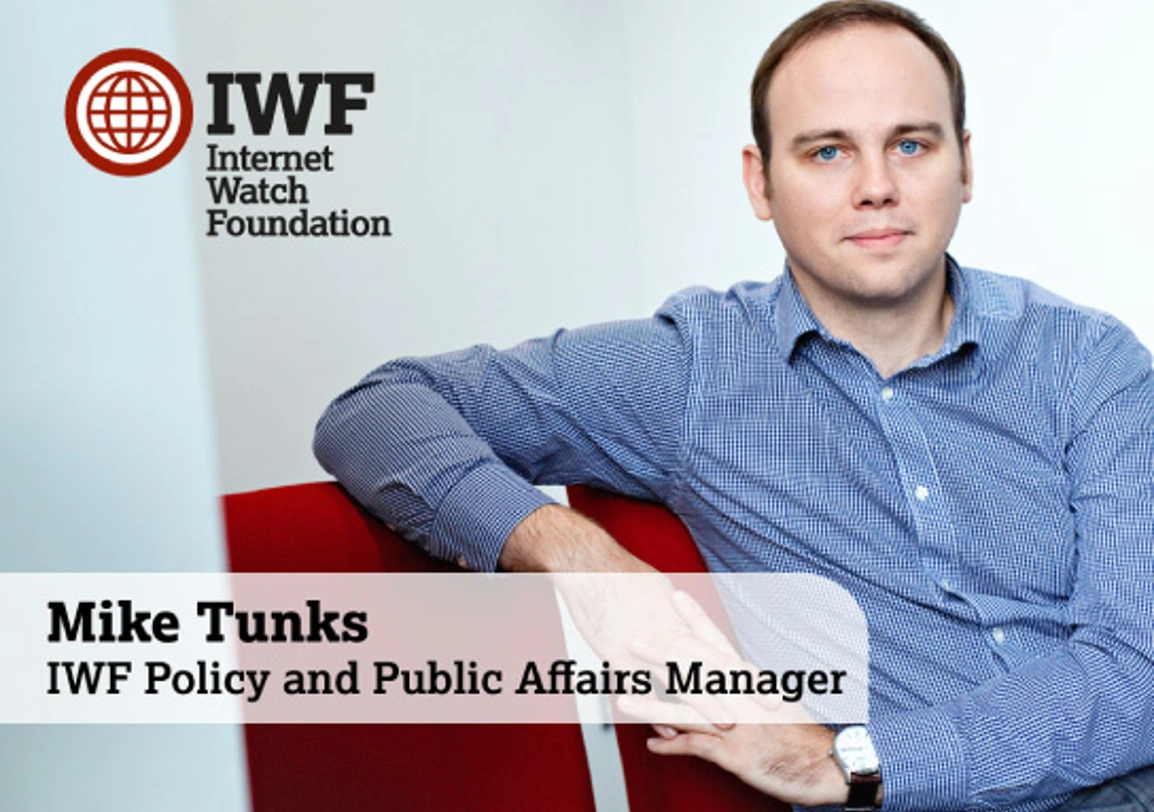
CSA partners from around the world join forces to say No to Nudify Apps
On Safer Internet Day 2026, the IWF and child protection partners worldwide unite to call for a global ban on AI nudify apps and tools.

Published: Wed 4 Jul 2018
In June, I attended the Lanzarote Committee in Strasbourg, which is a group committed to the implementation of the Convention on the Protection of Children against Sexual Exploitation and Sexual Abuse.
It was the first time the IWF has attended this meeting as an observer despite having previously been involved in a sub group which focussed on the committee’s work on child sexual abuse and ICTs.
It was also important because both the UK and Norway officially ratified the convention during the week of the meeting and there is now only one country left to approve, which is a huge step in the right direction in ensuring that child sexual abuse remains a priority for governments across Europe. As we said in the Government press release, we particularly welcome the UK’s commitment to tackling this important issue.
Ratifying the convention means the UK will now be able to share information and best practice with other Member States across the Council of Europe on how it is dealing with the issue of child sexual abuse, and be held accountable for the application of the convention in the UK. Initiatives such as WePROTECT, which brings together global experts from across Governments, industry and civil society, are an excellent model of best practice that other countries could become involved in to tackle the spread of child sexual abuse globally. It also gives the UK opportunity to share evidence and thinking from its Independent Inquiry into Child Sexual Abuse and from the role the UK Council of Child Internet Safety plays in trying to solve the online challenges that we face.
The convention is important because it ensures that those who have ratified it are upholding the rights of children to a childhood that is free from sexual abuse and exploitation. The committee discussed at the meeting the current legislative framework in Member States and their responses to child sexual abuse online. The committee also considered the impact of sexting and what this meant for the prosecution of children and discussed how this varied across Member States. There was even a debate on how different countries referred to the terminology which defined what child sexual abuse was, with a number of Member States still using the term “child pornography”- something which the Luxembourg guidelines has sought to clarify.
For the IWF, our involvement in this committee enables us to influence the policy debate at a pan-European level and to offer our expertise to the committee’s second monitoring round on child sexual abuse. This is particularly important at a time where our recent Annual Report statistics show that Europe (including Russia and Turkey- who are members of the Council of Europe) has a growing problem with the hosting of child sexual abuse material.
You can view this video from Gioia Scappucci, the Executive Secretary to the Lanzarote Committee, who explains more about the importance of the UK’s decision to ratify the Lanzarote Committee here.

On Safer Internet Day 2026, the IWF and child protection partners worldwide unite to call for a global ban on AI nudify apps and tools.

Parents across the world are calling for clearer, stronger action to keep children safe online.

The debate on the EU’s proposed Child Sexual Abuse Regulation (CSAR) has been dominated by one loud slogan. A slogan which may have dire consequences for the safety and wellbeing of millions of children worldwide.